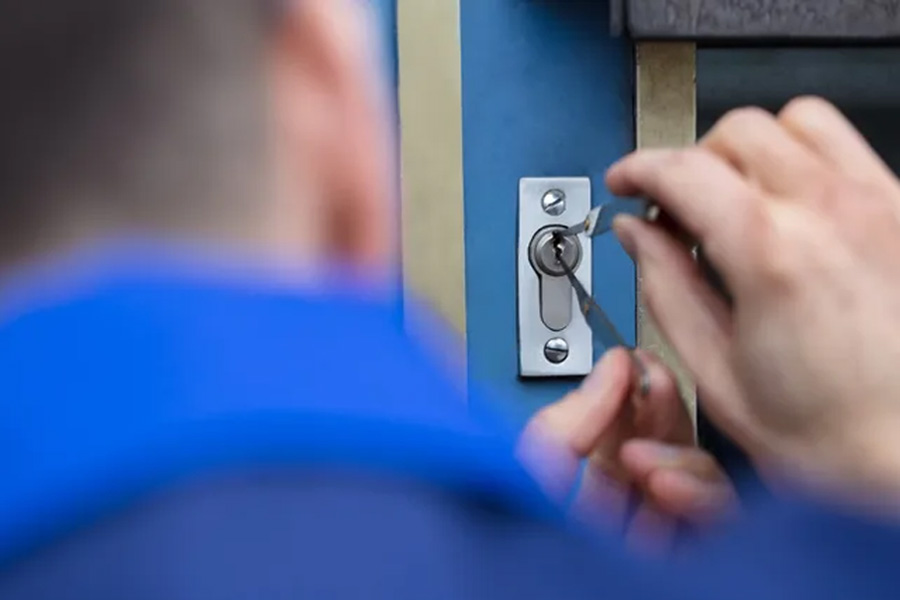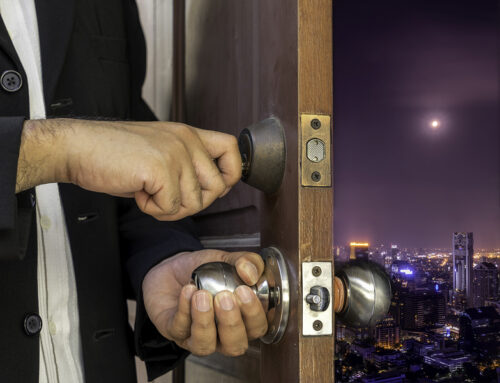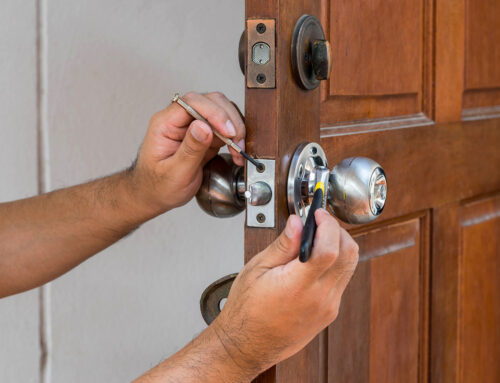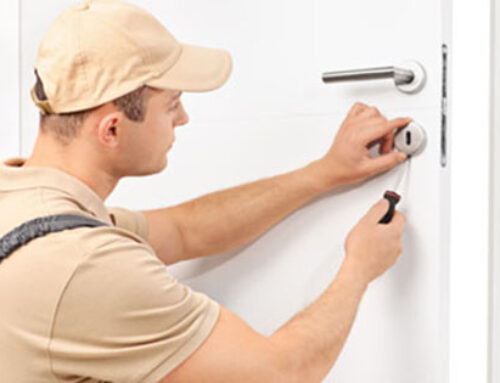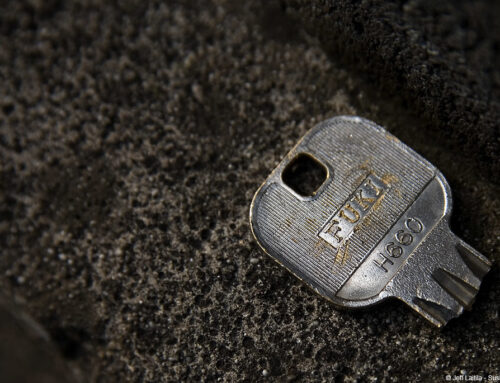Enhanced Security Through Regular Rekeying
Regular rekeying significantly enhances the security of homes and businesses. Discover the cost-effective secret to bolstering your security in Canberra! By choosing regular lock rekeying, you’re not just preventing break-ins; you’re investing in peace of mind without draining your wallet. This method stands as a simple, yet profoundly impactful, approach to ensure your property remains impenetrable to the evolving threats of today’s world, making it an indispensable practice for both homeowners and business owners aiming to stay ahead in the security game.
What is Rekeying?
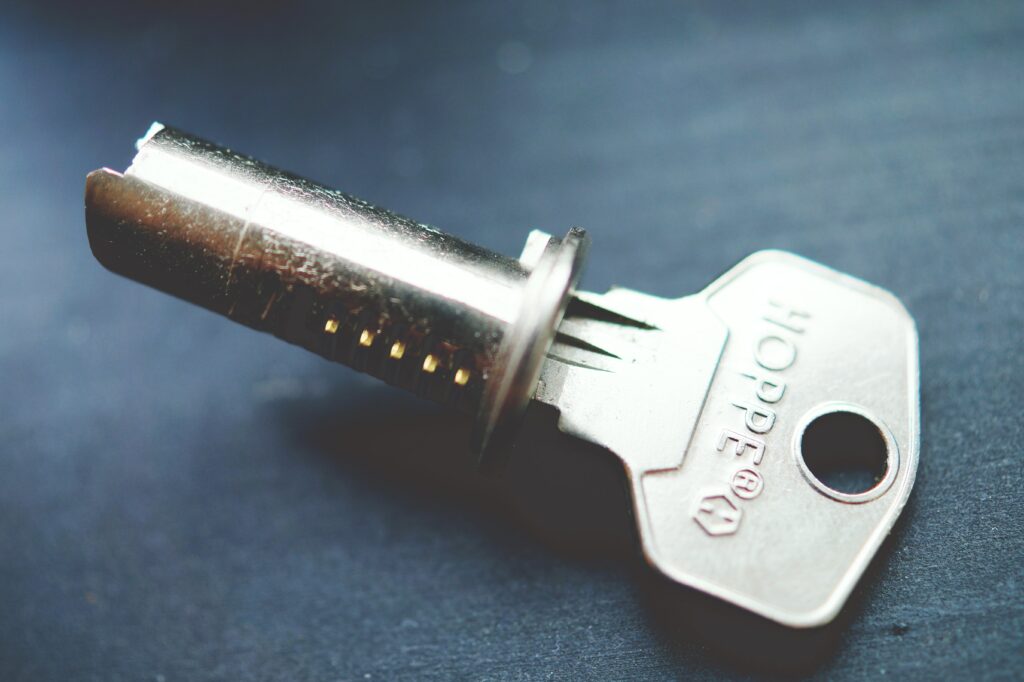
Rekeying is the process of altering the internal mechanism of a lock so that it works with a different key. Essentially, it renders the existing keys useless and requires the use of new keys to operate the lock. This process is performed by a professional locksmith and is a proactive measure to bolster security.
Breaking Down the Rekeying Process: A Step-by-Step Guide
- Assessment: The locksmith begins by assessing the existing locks and their condition.
Assessment is the first crucial step in the rekeying process. A professional locksmith carefully inspects your locks to determine their current state. This includes checking for any signs of wear, damage, or tampering. By thoroughly assessing the locks, the locksmith can identify any potential security vulnerabilities that need to be addressed during rekeying.
- Disassembly: The lock is taken apart carefully, separating the inner components.
Once the assessment is complete, the locksmith proceeds to disassemble the lock. This involves carefully taking apart the lock cylinder to access its internal components. The disassembly process requires precision and expertise to avoid damaging any parts.
- Tumbler Replacement: The tumblers or pins inside the lock cylinder are replaced with new ones of different sizes.
The heart of the rekeying process lies in the replacement of tumblers or pins within the lock cylinder. These tumblers are responsible for aligning with the corresponding notches on the key to allow the lock to turn. By replacing the tumblers with new ones of varying sizes, the locksmith ensures that the old keys will no longer function. This step is essential for enhancing security.
- Key Creation: A new set of keys is created to match the newly configured lock.
With the internal components of the lock modified, a new set of keys is crafted to match the new configuration. These keys will be the only ones that can successfully operate the rekeyed lock. The locksmith uses specialized tools and expertise to create precise key cuts that align perfectly with the new tumblers.
- Reassembly: The lock is reassembled, and the new keys are tested to ensure proper functionality.
After all the components are in place, the lock is carefully reassembled. This includes reinserting the lock cylinder into the housing and securing it. Once reassembled, the locksmith tests the lock with the new keys to ensure that it functions flawlessly. This testing phase is critical to verify that the rekeying process was successful.
Understand the Importance of Regular Rekeying for Enhanced Security
Cost Savings: Lock replacement involves purchasing new locks and possibly altering door frames to accommodate them. Rekeying eliminates these expenses, making it a budget-friendly choice.
Efficiency: Rekeying is often quicker than replacing locks. It minimizes disruptions and allows you to regain security promptly.
Maintaining Aesthetic Appeal: Replacing locks may require modifications to your doors, which can affect their appearance. Rekeying preserves your existing hardware, maintaining the aesthetics of your property.
Rekeying: A Cost-Effective Alternative to Lock Replacement
While replacing locks entirely is an option, it can be costly and time-consuming. Rekeying offers a more cost-effective alternative. By changing the internal configuration of the lock, you achieve the same result – a secure lock – without the need for entirely new hardware.
Identifying Situations Warranting Rekeying
Several situations warrant rekeying:
Moved into a New Home: When moving into a new residence, you can’t be certain who has copies of the existing keys. Rekeying provides peace of mind by ensuring that only you and trusted individuals have access.
Lost or Stolen Keys: If your keys have been lost or stolen, there’s a risk that they could fall into the wrong hands. Rekeying promptly prevents unauthorized access.
Employee Turnover: In a business setting, employee turnover can be frequent. Rekeying locks when employees leave ensures that former staff members can’t gain entry.
Benefits of Rekeying Your Home or Business Locks
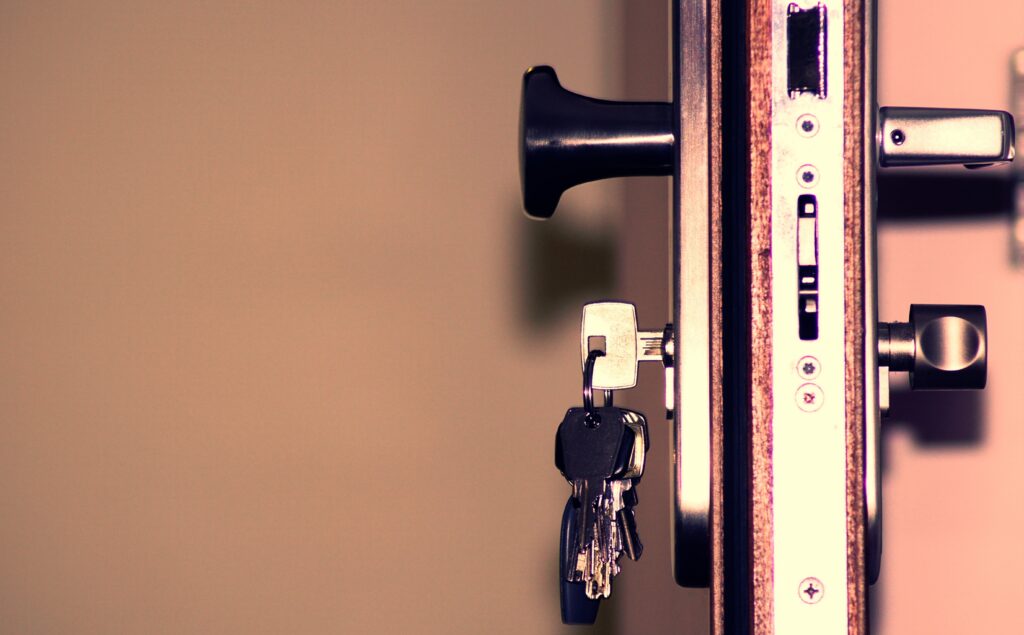
Rekeying offers several benefits that extend beyond enhanced security:
Enhanced Security: Rekeying immediately enhances security, ensuring that only authorized individuals can access your property. This is crucial for both homes and businesses.
Cost Efficiency: As mentioned earlier, rekeying is a cost-effective alternative to lock replacement. It allows you to bolster security without breaking the bank.
Control Over Access: With rekeying, you have full control over who has access to your property. You can limit access to trusted individuals, enhancing safety and peace of mind.
Preservation of Existing Hardware: Rekeying preserves your existing locks and door hardware. This is especially important if you have high-quality, aesthetically pleasing locks that you want to maintain.
Peace of Mind: Knowing that your property is secured brings peace of mind. Whether it’s your family’s safety at home or the protection of valuable assets at your business, rekeying ensures you can rest easy.
Professional Rekeying Services: Ensuring Seamless Security
To reap the advantages of rekeying, it’s essential to engage the services of a professional locksmith. In Canberra, Night & Day Locksmiths has over 35 years of experience in locksmithing. Our experts are well-versed in the intricacies of rekeying and can provide customized security solutions tailored to your needs.
By choosing professional locksmith services, you ensure that the rekeying process is executed flawlessly, leaving no room for vulnerabilities. Your property’s security is in capable hands, and you can enjoy the peace of mind that comes with knowing your loved ones and valuables are well-protected.
Night & Day Locksmiths: Your Trusted Partner for Expert Rekeying Services
In conclusion, the importance of regular rekeying for security cannot be overstated. It’s a proactive step that not only enhances your property’s security but also provides cost-effective and efficient solutions. By rekeying your locks, you can safeguard your property against unauthorized entry and potential theft, ensuring the safety of your valuables and loved ones. Additionally, rekeying can prevent previous tenants or individuals who have lost their keys from gaining access to your premises.
Moreover, regular rekeying can save you money in the long run. When a lock is compromised or a key is lost, replacing the entire lock can be a costly endeavor. Rekeying, on the other hand, involves simply changing the internal pins of the lock, allowing you to retain the existing hardware while enhancing security. This cost-effective solution prevents unnecessary replacements and saves you money in the process.
Don’t wait for a security breach to take action – consider rekeying your locks today. By proactively safeguarding your property, you can protect your valuables, maintain peace of mind, and avoid the inconvenience and expense of dealing with a security compromise.
For expert locksmith services in Canberra, contact Night & Day Locksmiths for an obligation-free quote and enjoy the benefits of a safer, more secure property. Our team of experienced locksmiths is equipped with the latest tools and techniques to provide comprehensive rekeying services, ensuring your locks are up to date and your property is well-protected.

